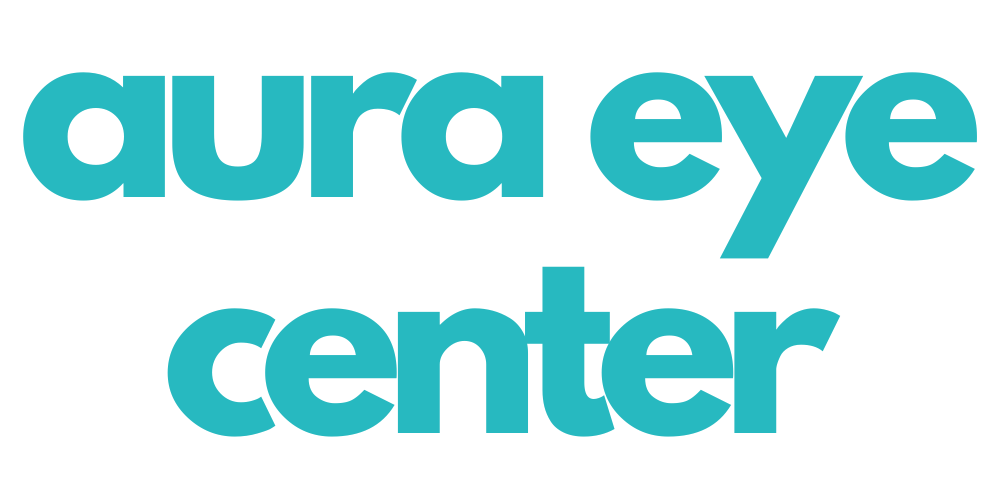8 REASONS WHY MYOPIA MANAGEMENT IS IMPORTANT
Myopia, or short-sightedness, is a common eye condition that causes distant objects to appear blurred while close objects can be seen clearly. Myopia management for children is particularly important for several reasons:
1. Prevention of High Myopia: Early myopia management can help slow down the progression of myopia in children, thereby preventing the development of high myopia. High myopia increases the risk of serious eye conditions later in life, including retinal detachment, glaucoma, and cataracts.
2. Maintaining Good Quality of Life: Children with unmanaged myopia may struggle with daily tasks that involve seeing at a distance, such as reading the board in school or participating in sports. This can affect their academic performance, physical health, and overall quality of life.
3. Promoting Eye Health: Myopia can stretch and thin the eyeball’s tissues, leading to structural changes in the eye. This increases the risk of complications, including macular degeneration, a leading cause of vision loss.
4. Preventing Vision Loss: High myopia can lead to myopic macular degeneration, a condition that can cause irreversible vision loss. By managing myopia from an early age, the risk of significant vision loss can be reduced.
5. Reducing Dependence on Corrective Lenses: While glasses or contacts are effective at correcting the vision problems caused by myopia, they don’t stop its progression. Early myopia management can slow down the progression of the condition, reducing the child’s dependence on corrective lenses over time.
6. Long-term Economic Impact: The costs of managing high myopia, associated eye conditions, and vision loss in adulthood can be significant. Early myopia management in children can therefore have economic benefits in the long run.
7. Public Health Concern: With the increasing prevalence of myopia globally, it’s considered a significant public health concern. Early and effective management of myopia in children can help reduce this burden.
8. Learning and Development: Clear vision is crucial for children’s learning and development. Children with poorly managed myopia may struggle academically due to difficulty seeing clearly, which could impact their future opportunities.
Effective strategies for managing myopia in children include ensuring children get regular eye exams, encouraging them to spend time outdoors, and using treatments such as atropine eye drops, multifocal lenses, or orthokeratology (ortho-k) lenses as advised by an eye health professional. Visit Dr. Haley Tran at Aura Eye Center to schedule your myopia management consultation today!

